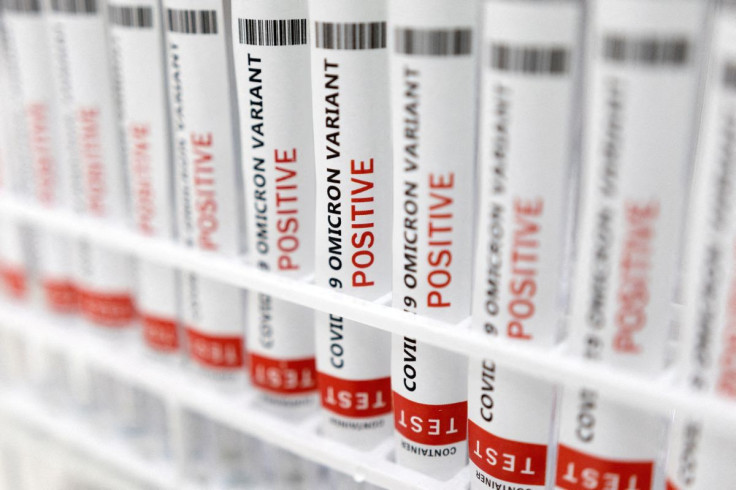Think You Avoided Omicron? Think Again. Here's Why You May Have Been Infected

As the Omicron variant and its subvariants continue to move throughout the world, infecting thousands of people with COVID-19, a new study has revealed that many individuals don't know they contracted the strain.
The Cedars-Sinai study, which was published in JAMA Network Open, found that the majority of people who were infected with the Omicron variant didn't know they had the virus.
"More than one in every two people who were infected with Omicron didn't know they had it," Susan Cheng, director of the Institute for Research on Healthy Aging in the Department of Cardiology at the Smidt Heart Institute at Cedars-Sinai and corresponding author of the study, said in a statement.
Because the Omicron variant has less severe symptoms such as fatigue, cough, headache, sore throat, or a runny nose, it was easier for people to dismiss their illness, causing the fast-spreading strain of COVID-19 to infect others.
"Our study findings add to evidence that undiagnosed infections can increase transmission of the virus," Sandy Y. Joung, an investigator at Cedars-Sinai and first author of the study, said. "A low level of infection awareness has likely contributed to the fast spread of Omicron."
With more than 7,700 participants in the study, researchers looked at the effects of COVID-19 and the impact of the vaccines as they collected blood samples from healthcare workers more than two years ago. In the fall of 2021, as Omicron began to spike, they started to enroll even more patients.
During the study, researchers identified 210 out of 2,479 people who had provided blood samples before or after the start of the Omicron surge who were infected with the variant. Participants in the study were also asked to provide health updates, with only 44% saying they were aware of being infected with the virus, despite 10% reporting cold or infection symptoms.
Researchers do say that a larger number of people from a more diverse pool of participants are needed to "learn what specific factors are associated with a lack of infection awareness."
"We hope people will read these findings and think, 'I was just at a gathering where someone tested positive,' or, 'I just started to feel a little under the weather. Maybe I should get a quick test.' The better we understand our own risks, the better we will be at protecting the health of the public as well as ourselves," Cheng said.
© Copyright IBTimes 2024. All rights reserved.





















